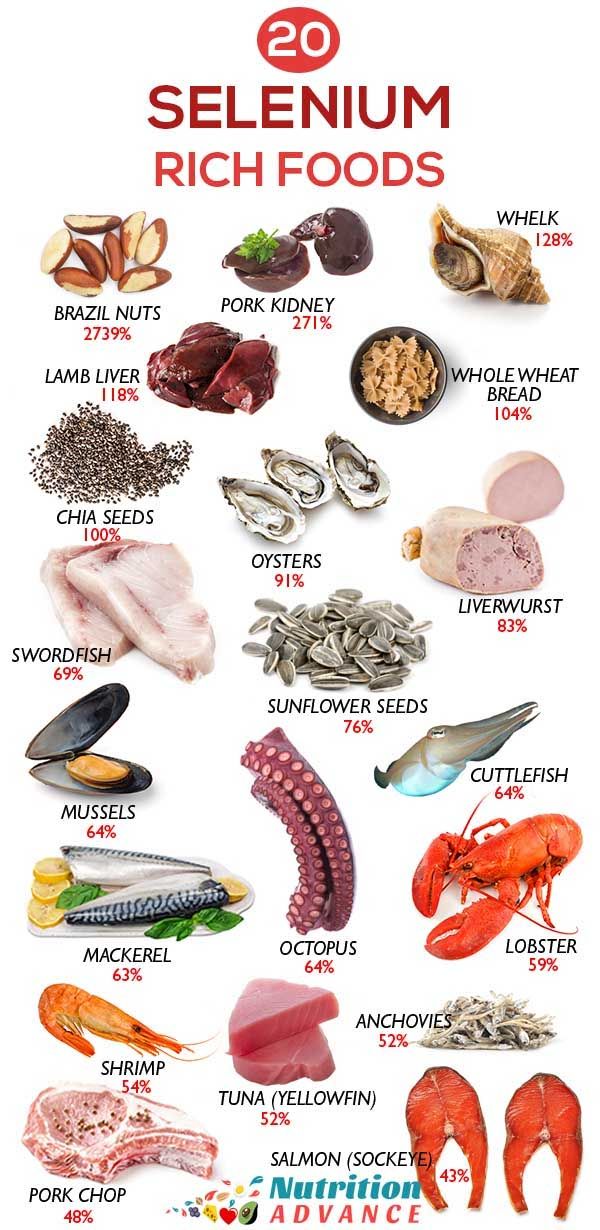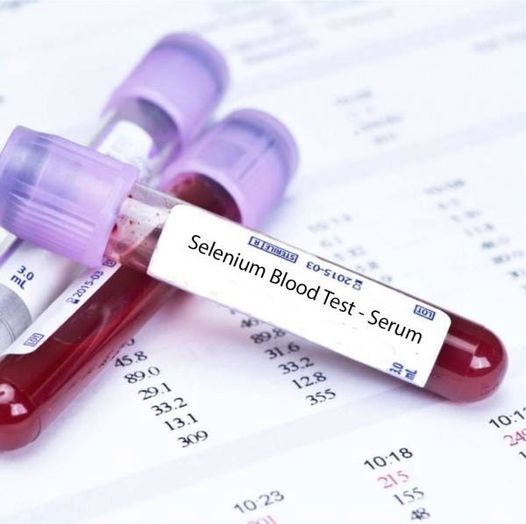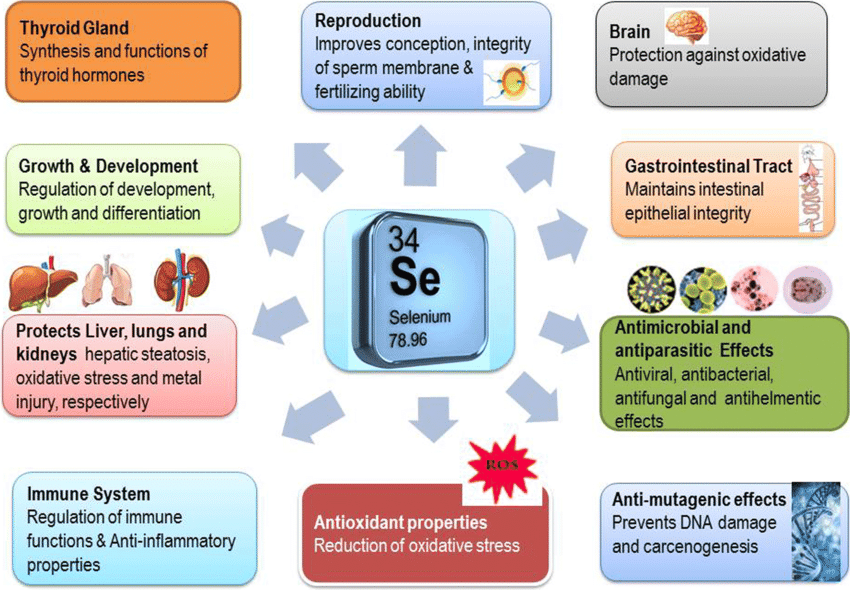
Selenium (Se) is a micronutrient that is a component of larger proteins (i.e., selenoproteins) involved in such processes as redox reactions, antioxidant activity, reproduction, immune function, and thyroid metabolism (Thomason, Chisholm, McLachlan, & Campbell, 2008). Deficiencies in Se have been associated with viral infections, inflammatory disorders, male infertility, altered immune function, cardiovascular disease, cancer, and autoimmune thyroid disease (Thomson et al., 2008). As such, optimal levels of said micronutrient is essential in maintaining health and longevity.

A particularly attractive source of Se is that of Brazil nuts due to the relatively small requirement of consumption to reach adequate levels; two Brazil nuts/day have been shown to provide 100 µg (Thomason et al., 2008). Considering the recommended daily intake (RDI) is 55 µg and 70 µg for older individuals, such a method of delivery is both convenient and natural. Furthermore, such a food is cheaper than supplementation, more sustainable, and less likely to induce toxicities (Thomason et al., 2008).

Thomson et al. (2008) conducted a study to determine the efficacy of Brazil nut supplementation to increase blood levels of Se. The researchers recruited 59 healthy subjects between the ages of 18-60 years and randomly assigned them to one of three groups: a placebo group receiving no Se, another group receiving 100 μg/day Se as L-selenomethionine, while the third group received 2 Brazil nuts/day (Thomason et al., 2008). Fasting morning blood levels were measured in each subject before the intervention, during (weeks 2, 4, 8) and after the intervention (week 12). After the 12-week trial, results indicated that subjects receiving 2 Brazil nuts/day increased Se blood levels just as effectively as the L-selenomethionine supplementation group.

In conclusion, Se participates in redox reactions, antioxidant activity, reproduction, immune function, and thyroid metabolism. Furthermore, deficiencies in said micronutrient are associated with viral infections, inflammatory disorders, male infertility, altered immune function, cardiovascular disease, cancer, and autoimmune thyroid disease (Thomson et al., 2008). In essence, implementation of Brazil nuts on a daily basis can provide a cost effective, safe, sustainable means of receiving adequate levels of Se without the risk of toxicity. Such information should be encouraging for individuals who are Se deficient, or at risk of deficiency.
References
Thomason, C. D., Chisholm, A., McLachlan, S. K., & Campbell, J. M. (2008). Brazil nuts: An effective way to improve selenium status. The American Journal of Clinical Nutrition, 87(2), 379-384.
-Michael McIsaac
